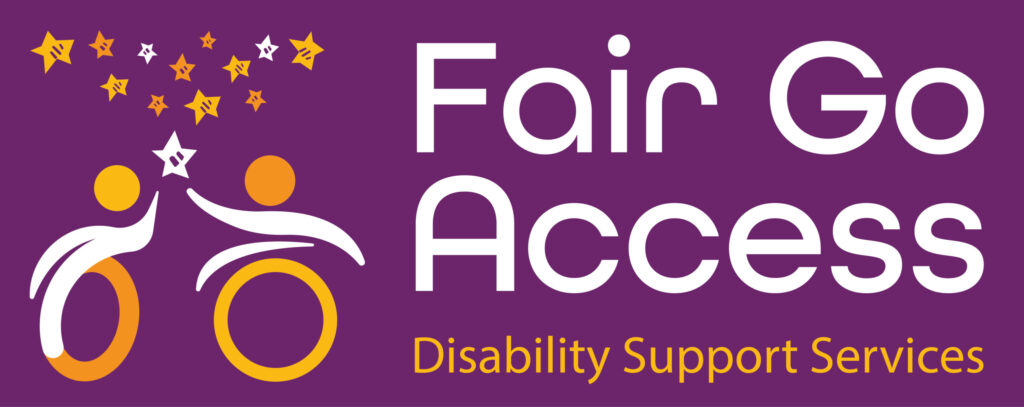Are you or a loved one looking for employment but worried about disabilities? Fair Go Access can help. Getting a job with a disability is definitely achievable, especially in a country like Australia where it’s unlawful for employers to take adverse action against prospective employees or current employees because of a disability. Let’s take a closer look at how to write a resume for a disabled person and get your application in front of the right people.
Prepare a Clear, Concise Resume with Job History
There are so many great employment opportunities for people with disabilities, and a professional resume is the first step to getting in the door for an interview. Hiring managers have a lot of applications to look through, so keep your resume neat and tidy with the most relevant information at the top. List your key qualifications and skillsets while reviewing your work and volunteer history from most recent to oldest.
Write a Strong Cover Letter Detailing Qualifications
Disability support services can help you prepare both a resume and cover letter to increase your chances of a successful job application. Keep in mind that many job postings ask for specific information to be included in the cover letter, so you’ll want to double check the instructions before you start. In addition to including any requested details, write about why the job interests you and what skills you bring to the table.
Do Your Research Before a Job Interview
Finally, employment support for people with disability also includes job interview preparation and practice. Once your resume and cover letter are complete and sent off, you may be contacted for an interview. Make sure to research company history and the projects you would be working on so you can put your best foot forward in the interview. It always helps to practice interview questions and how you would respond.
Remember that employers cannot disregard your application based on your disability, so if you want to disclose anything or discuss potential accommodations, you may do so during the interview.
Explore Employment Support for People with Disability
Now that you know how to write a resume for a disabled person, it’s time to explore employment opportunities and get the support you need with Fair Go Access. Contact us on 03 5298 2746 to discuss getting a job with a disability in Geelong.

